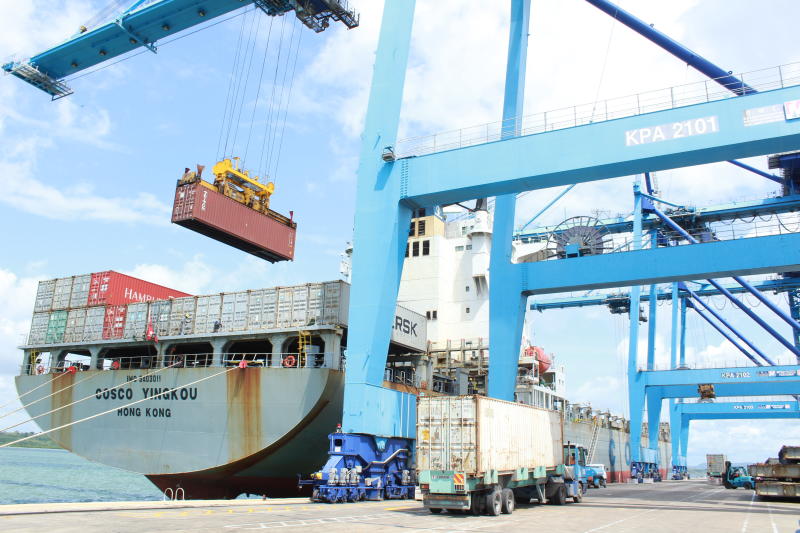×
The Standard e-Paper
Smart Minds Choose Us

Business has slowly picked up over the past two weeks at the port of Mombasa, raising hopes of a rebound after months of depressed activity attributed to the coronavirus pandemic.